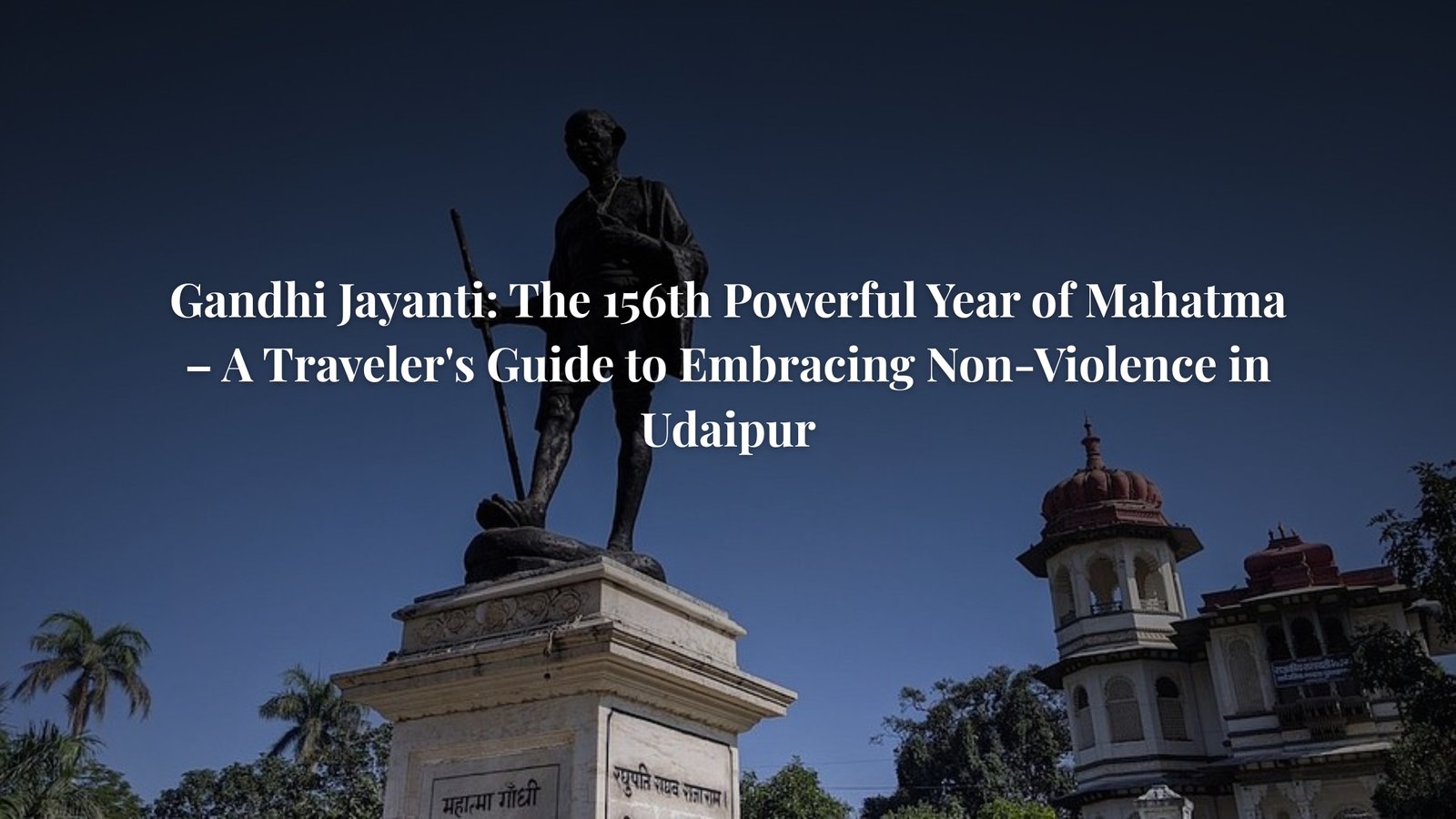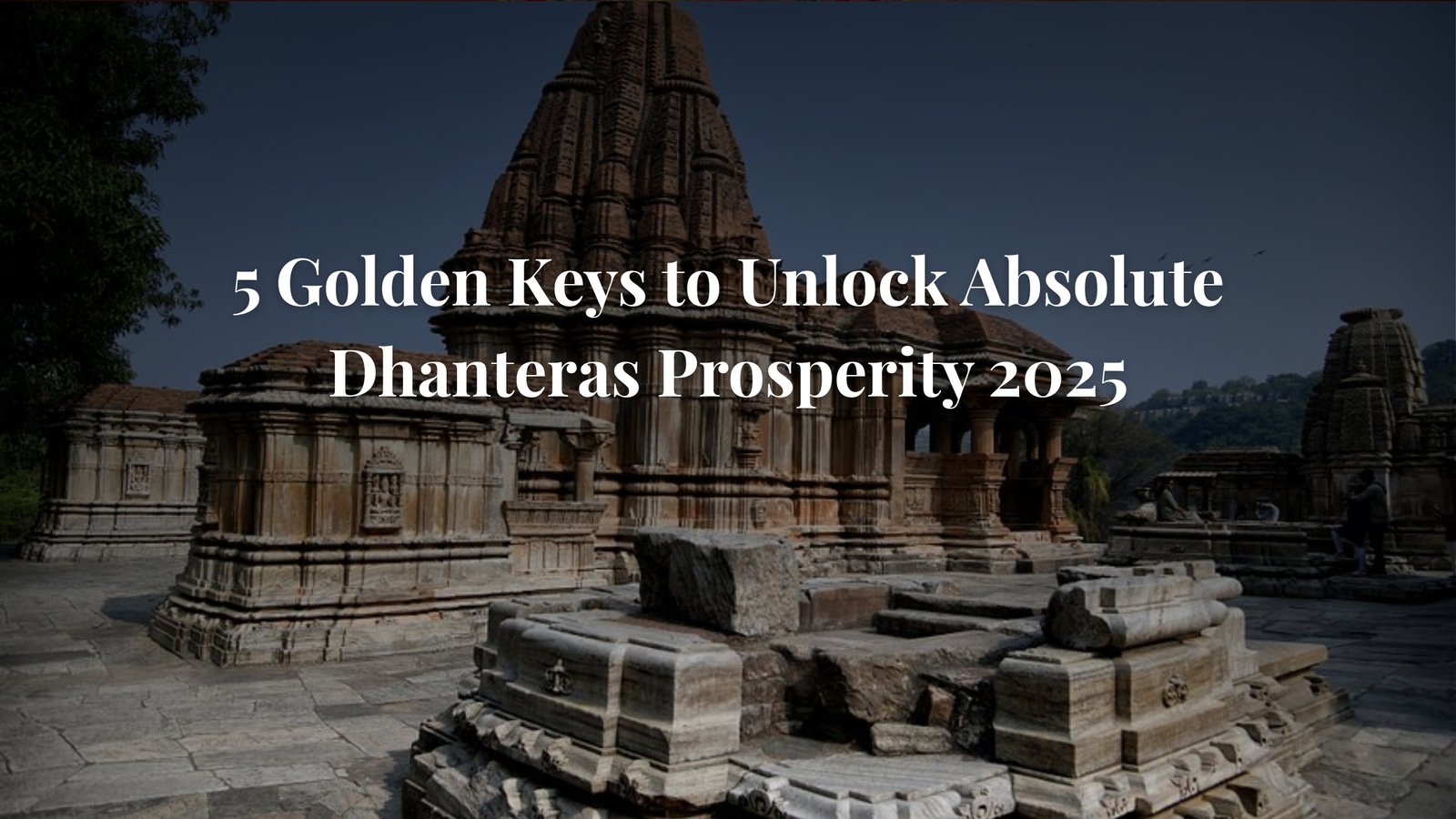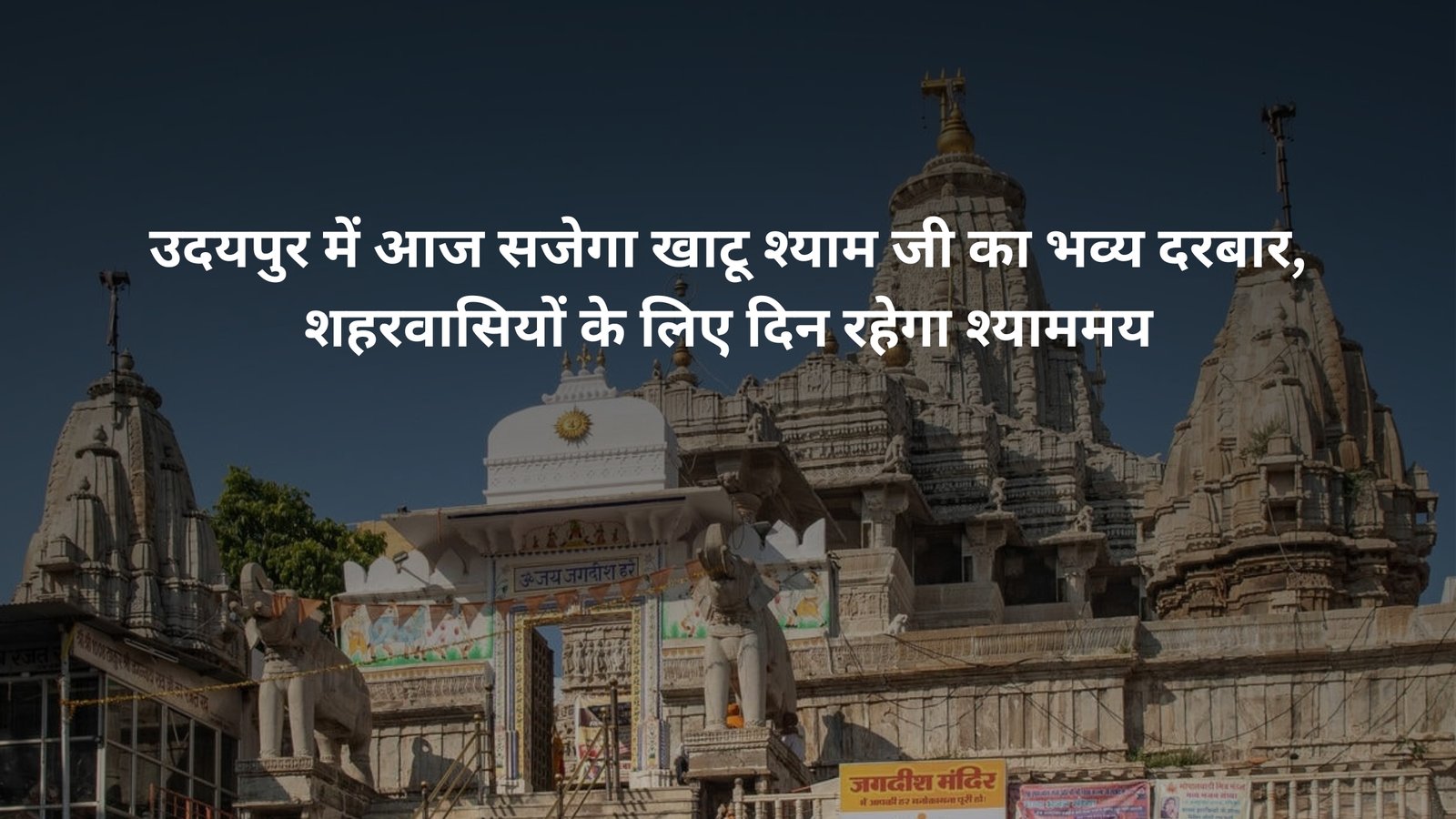The 2nd of October, marks Gandhi Jayanti, a national holiday of immense significance in India, celebrating the birth anniversary of Mohandas Karamchand Gandhi, affectionately known as Mahatma Gandhi or ‘Bapu.’ This day serves as a powerful reminder of his enduring philosophy of Satyagraha (truth force) and Ahimsa (non-violence). Globally, the day is also observed as the International Day of Non-Violence, underscoring the positive impact of his teachings. The resonance of his life and principles is deeply felt across the nation, making Gandhi Jayanti a time for profound national reflection and remembrance.
The Powerful Legacy of Mohandas Karamchand Gandhi
Gandhi Jayanti celebrates the life of the Father of the Nation, born on October 2, 1869, in Porbandar, Gujarat. His journey from a young lawyer to the principal architect of India’s independence movement is one of the most inspirational stories in modern history. Mahatma Gandhi’s philosophy was built on the unshakeable pillars of truth and non-violence, which he masterfully employed as tools for political and social change.
The history of Gandhi Jayanti as a formal national holiday began after India achieved independence, establishing it as one of the country’s three national holidays. The observance is not merely a day off; it is a solemn occasion to reflect on the principles that led India to freedom from colonial rule. His methods of peaceful civil disobedience, fasting, and non-cooperation movements—like the Salt Satyagraha and the Quit India movement—demonstrated the power of moral conviction over military might. This legacy continues to inspire civil rights movements and leaders across the globe, solidifying the global relevance of Gandhi Jayanti.
Gandhi Jayanti Celebrations in the City of Lakes: Udaipur
While the most prominent national ceremonies are held in New Delhi at the Raj Ghat (Gandhi’s memorial), the spirit of Gandhi Jayanti permeates cities across India, including the beautiful city of Udaipur. The City of Lakes, known for its royal heritage and stunning scenery, transforms the day into an occasion for quiet reflection and community service, deeply tied to Gandhian ideals.
Gandhi Jayanti celebrations in Udaipur often focus on community-level activities, echoing Bapu’s call for social upliftment and cleanliness. You typically won’t find large, boisterous parades, but rather more thoughtful and participatory events:
- Prayer Meetings and Tributes: Local schools, colleges, and civic organizations host special assemblies and prayer meetings where people pay homage to Mahatma Gandhi. This includes the singing of his favourite bhajan (devotional song), “Raghupati Raghava Raja Ram.” Tributes are often paid at any public statue or memorial dedicated to the Mahatma.
- Swachh Bharat Abhiyan Activities: Following Gandhi’s emphasis on cleanliness, various organizations, including municipal bodies and citizen groups in Udaipur, organize Swachh Bharat (Clean India) drives. This often involves cleaning public areas, lake banks, or community centers, directly putting Gandhi’s vision of a clean India into action. This practical service is a central, positive feature of the local observance.
- Cultural Programs and Art: Some local artists and cultural centers, such as the West Zone Cultural Centre, may feature exhibitions or competitions focusing on Gandhi’s life and philosophy, particularly on his birth anniversary or during the surrounding days.
A Traveller’s Guide: 7 Ways to Engage on Gandhi Jayanti in Udaipur
For a traveller in Udaipur on this solemn yet inspirational day, Gandhi Jayanti offers a unique opportunity to connect with India’s soul and embrace Bapu’s philosophy.
- Embrace Silence and Reflection: Start your day with quiet contemplation. While in Udaipur, find a peaceful spot by the tranquil Fateh Sagar Lake or Lake Pichola. Reflect on the meaning of non-violence and simple living, which are core tenets of Gandhian thought.
- Participate in Community Cleanliness: Look for local Swachh Bharat drives or simply dedicate some time to picking up litter in a public area near your stay. It’s a tangible way to honor the Mahatma’s vision.
- Visit a Historic Site: Spend the day exploring Udaipur’s historical sites, like the City Palace or the Jagdish Temple. While not directly related to Gandhi, visiting these sites in quiet reverence, as a national holiday suggests, aligns with a positive and respectful appreciation of Indian heritage.
- Explore Local Handloom and Khadi: Gandhi championed Swadeshi (self-reliance), prominently promoting Khadi, hand-spun cloth, as a symbol of economic freedom. Seek out local shops in Udaipur’s old city that sell Khadi clothing or Rajasthani handloom products. Purchasing these items is a powerful economic act that supports local artisans and embodies self-reliance.
- Enjoy Simple Vegetarian Food: Abstain from consuming meat or alcohol, which is a common practice on Gandhi Jayanti. Udaipur has fantastic vegetarian cuisine; use the day to appreciate the simplicity and wholesomeness of local Rajasthani food.
- Attend a Public Prayer Meeting: If you find a public gathering organized by a school or civic body (often advertised locally), attend and listen to the readings or the singing of the bhajans. It’s a heartfelt cultural experience.
- Read Gandhi’s Works: Dedicate some quiet time to read an excerpt from Gandhi’s autobiography, The Story of My Experiments with Truth, or his quotes on truth and non-violence. His words are a powerful source of inspiration and offer deeper context to the holiday.
Gandhi Jayanti, marking the 156th year since his birth, is more than just a holiday; it’s a reaffirmation of the powerful and positive ideals that Mahatma Gandhi gifted to India and the world. Whether you are a resident or a traveller in Udaipur, engaging with the spirit of non-violence and simplicity makes this day a truly meaningful experience. Let’s remember the Mahatma’s enduring message that lasting change begins with us.



